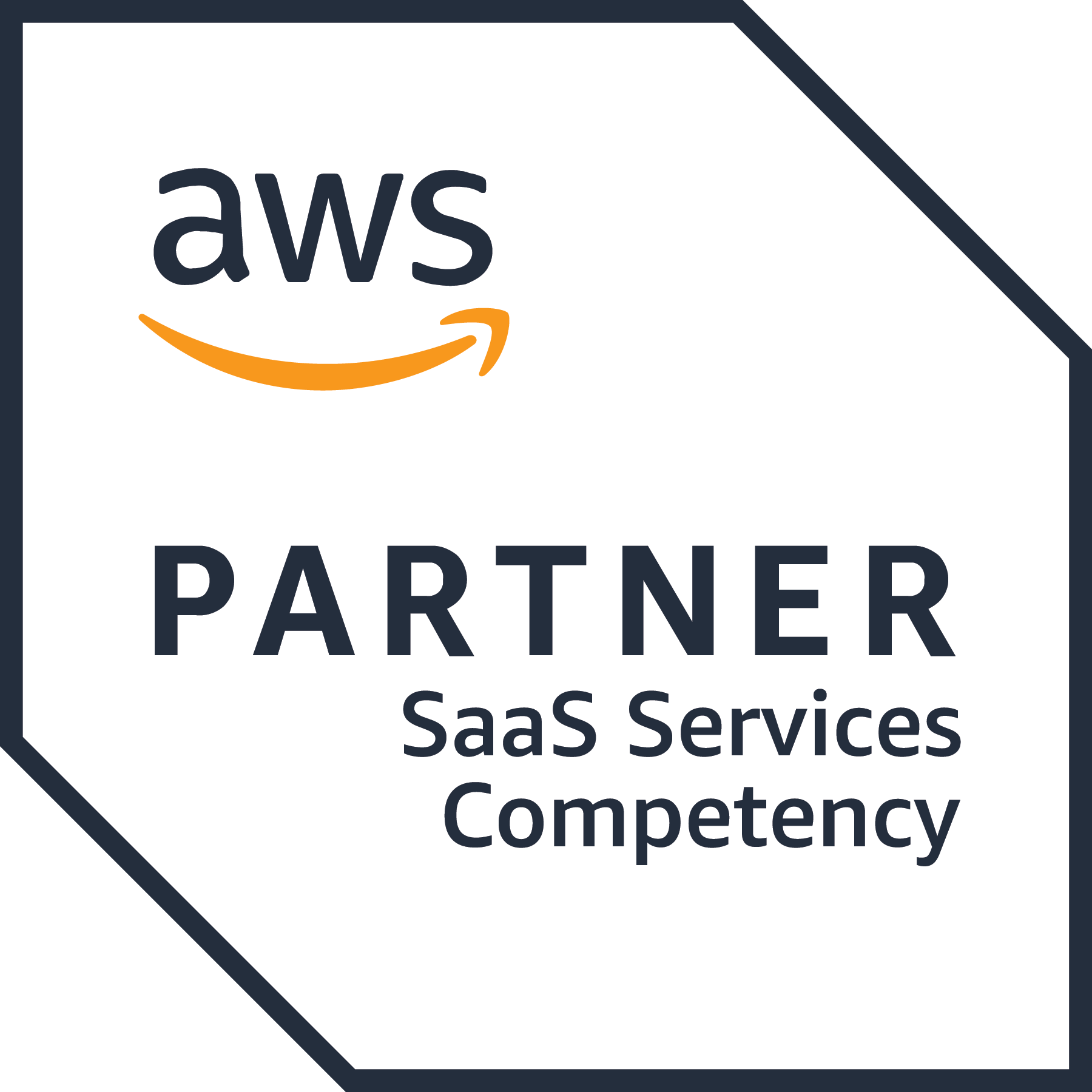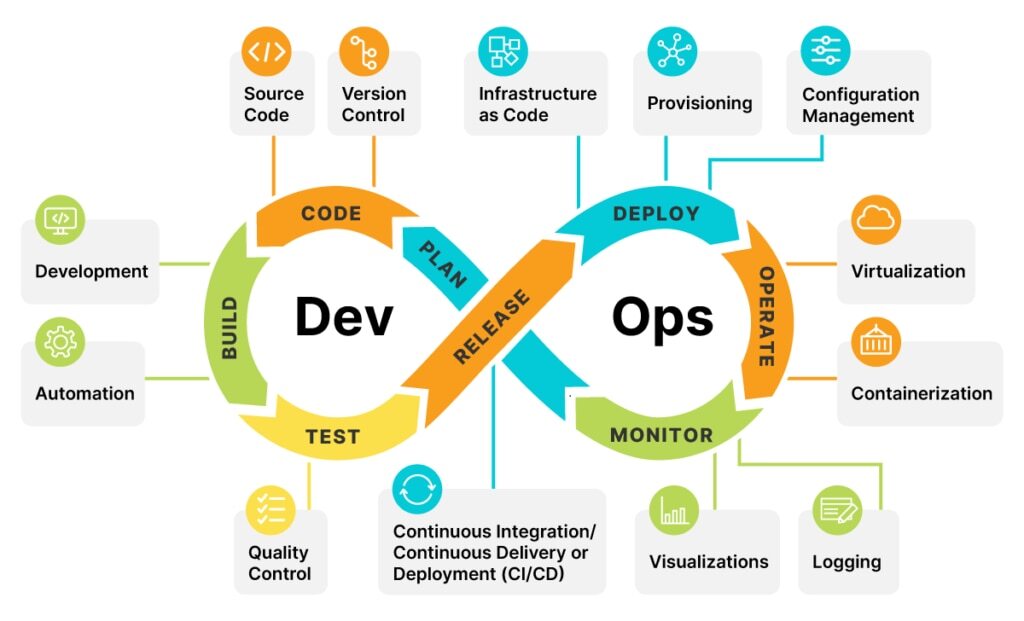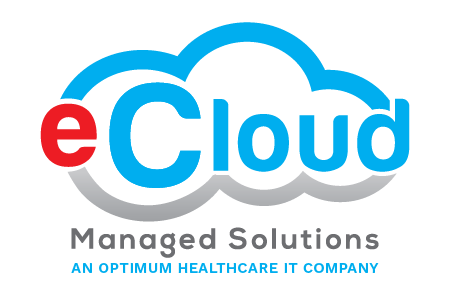AWS for Cloud DevOps
Leverage the right tools to improve software development lifecycles
Increase your velocity to better serve your customers
As an Advanced AWS Partner, eCloud’s team of engineers can equip your organization with a comprehensive suite of DevOps tools designed to enhance the speed, reliability, and quality of software development and deployment. eCloud’s DevOps practices empower organizations to automate manual tasks, efficiently manage complex environments at scale, and maintain control over high-velocity operations. With our capabilities, businesses can embrace continuous integration and delivery, infrastructure as code, microservices, and robust monitoring and logging, ensuring a seamless, secure, and efficient development lifecycle.
![All_Badges_together[532] (1)](https://ecloudms.com/wp-content/uploads/All_Badges_together532-1.png)

Why eCloud for DevOps
DevOps Transformation Services
Our AWS Solution Architects guide your journey through the DevOps landscape, leveraging AWS native tooling and adhering to the AWS Well-Architected Framework. This approach fosters a increased development deployment, security-focused culture that delivers significant business value using modern technologies and best practices. By adopting a modern devops practice, your organization can increase its delivery capabilities, enabling rapid, reliable application and infrastructure updates.
Accelerate Innovation
Harness AWS DevOps tools to innovate and deploy faster, transforming your business into a market disruptor.
Enhance Operational Efficiency
Streamline your software delivery process with AWS’s automated tools, improving both speed and quality of deployment.
Boost Reliability and Security
Ensure high reliability and enhanced security in your software delivery pipeline, leveraging AWS’s best practices and continuous compliance.
Optimize Resource Management
Utilize AWS’s infrastructure as code and microservices architecture to optimize resource utilization and cost efficiency.

Why do companies need DevOps?
Your organization can set up a centralized unit to use various DevOps tools like Jenkins, Terraform, Nagios, Grafana, Prometheus, or Splunk. This allows for Continuous Integration (CI), Continuous Deployment (CD), Configuration Management (CM), Continuous Monitoring (CM).
The DevOps Advantage
Increase satisfaction and user-experience by releasing new products and services faster.
AWS’s native DevOps tools include services like AWS CodePipeline, AWS CodeBuild, AWS CodeDeploy, ECS and EKS to further enable continuous integration and continuous delivery workflows, allowing for automated building, testing, and deployment of applications. These key services are managed by AWS reducing your overall operational support and give you back time to innovate and differentiate you from the competition.
Automating the CI/CD Pipeline
More Info
By leveraging AWS Serverless applications with AWS Lambda, you can expect real-time file processing, data processing, and extract, transform, and load (ETL) for data processing, web backends, internet of things (IOT), and mobile backends. Modernizing your .NET framework applications to .NET Core using AWS Serverless (Lambda) will enable simple provisioning and scaling through smaller autonomous microservices.
Managed Configurations
More Info
The benefits of rapid development can be nullified by failed deployment, so you need to attack your DevOps approach with an operational perspective to improve defect detection and reduce rollbacks. 53% of the highly evolved cohort reported employing configuration management, a practice emerging as a baseline for company innovation and customer satisfaction.
Monitoring and Alerting
More Info
Configured by our operating services, provisioned for IT excellence. Real-time DevOps monitoring provides unequivocal business value such as enhanced application onboarding. Sharing metrics such as latency and response time while promoting cross-team collaboration will foster continuous development and deployment of your applications.
Scalability
More Info
If it’s not broken, don’t fix it. Critical to DevOps success, pre-defined deployment systems for the production of end-to-end services statistically produce higher-evolved businesses. Fine-tuning app development is right at the core of DevOps mediates the uncertainty between Dev and Ops. Additionally, a culture of increased collaboration between the two will enable a shorter development cycle.
